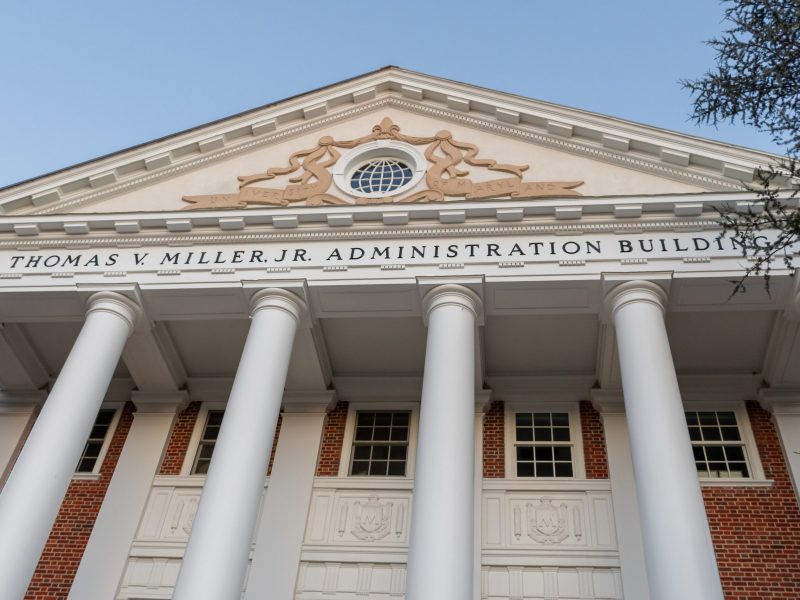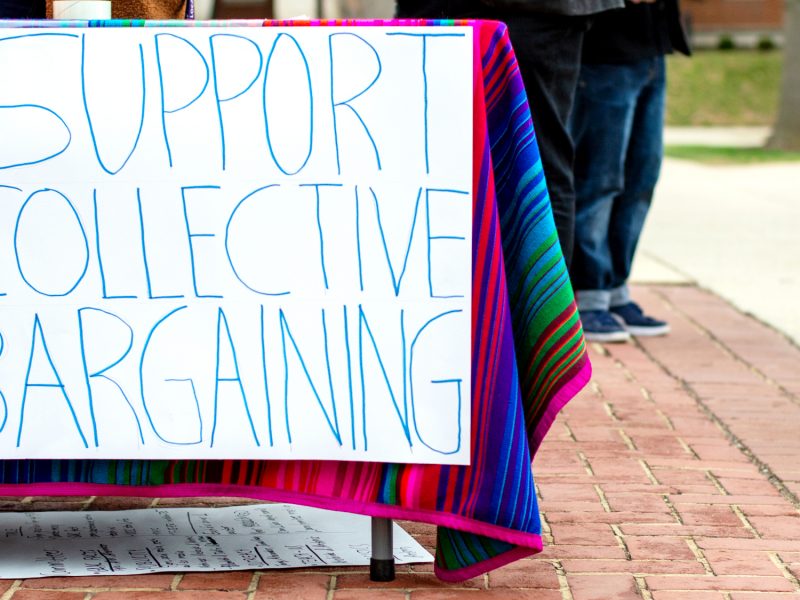Views expressed in opinion columns are the author’s own.
While well-intentioned, the Obama administration’s Title IX guidelines for sexual assault investigations were a concerning encroachment on due process. This is the idea that, in legal matters, all parties are awarded fair and equitable treatment under the law. Due process is a principle enshrined in the Fifth and 14th Amendments to the Constitution.
As The Atlantic’s Emily Yoffe identifies, two components of the guidelines threatened due process rights for those accused of sexual assault.
First, the guidelines mandated that universities adopt a “preponderance of evidence” standard for establishing burden of proof. A preponderance of evidence standard requires a greater than 50 percent likelihood of guilt, which makes it an incredibly weak standard for establishing culpability. In this system, it must be “more likely than not” a violation occurred.
This standard comes dangerously close to a legal system in which the accused must prove their innocence and guilt is assumed, a system antithetical to the American concept of justice. Considering that students can be expelled if found guilty of sexual assault, one would hope those deciding the fate of the accused are more than 50.1 percent confident. A “clear and convincing evidence” standard — about 75 percent confidence — more appropriately reflects the nature of the consequences being considered.
The second troubling guideline Yoffe identifies is the Obama administration’s support of a “single investigator” model for conducting sexual assault investigations. Such a system allows a single individual “to act as [investigator], prosecutor, judge, and jury,” Yoffee wrote. This grants an investigator unilateral power to decide the fate of the accused, with no mechanism in place to check their power.
While not all schools use a single investigator model — the University of Maryland requires multiple entities be involved in the review process — any support for that model raises serious due process concerns.
Because the decision to expel the accused would significantly damage that person’s reputation and prospects for future employment, we ought to be more confident about their guilt than the preponderance of evidence standard requires.
Even more troubling, investigators may not always be impartial because they are paid by the university. The university may face an education department inquiry if a student is found not guilty, although they could face a lawsuit if the student is found guilty. A Los Angeles Times op-ed notes it’s cheaper to deal with a single lawsuit than a federal investigation.
The incentives at play establish a situation in which the standard for assessing guilt could be even weaker than a strict adherence to the preponderance of evidence.
The preponderance of evidence standard combined with a single investigator model degrades the traits we value in a justice system. While an accuser’s claims should certainly not be dismissed, it is unjust to curtail the due process rights of the accused as a means to validate an accusation.
Conservative political commentators, legal scholars and organizations have condemned the guidelines, but they are not alone. Yoffe is certainly not a conservative, having written for both Slate and The New Republic. The editorial board of The Washington Post also praised the attention DeVos brought to this matter.
This is not a liberal vs. conservative issue. Liyanga de Silva, in a column published in The Diamondback, correctly argued the Trump administration is no friend to minorities, and that resources available to victims of sexual assault are inadequate. I sincerely hope universities across the country continue to invest in sexual assault prevention and respond better when it occurs. But, a university that compromises the basic legal principles our society values is a university that has failed its students.
Jeff Mason is senior economics major. He can be reached at jmason14@terpmail.umd.edu.



